Boat Trailering: An Essential Guide to Boat Trailers, Hookups, Hitches, Winches, Maintenance and Troubleshooting.
Trailering a boat is an essential skill for boat owners who need to transport their vessels from home to the water. Whether it’s for a weekend getaway or a more extended trip, understanding boat trailers, hookups, hitches, winches, and their maintenance is crucial for ensuring the safety and reliability of your boat transport. This article will delve into all aspects of boat trailering, from selecting the right boat trailer to understanding common problems and how to resolve them and ensuring that your boating adventures are always smooth.
The Basics of Boat Trailering
Boat trailering is the process of using a trailer to transport your boat from one location to another. This could involve launching your boat into a lake, river, or ocean, or transporting it to a storage facility for the off-season. The key components of boat trailering are the boat trailer itself, the towing vehicle (car, truck, or SUV), and the connection points between the two, such as hitches and hookups.
Types of Boat Trailers
There are several types of boat trailers available, each designed for specific boat types and transportation needs. These include:
-
Bunk Trailers: Bunk trailers use wooden or aluminum planks to support the boat's hull. These trailers are ideal for larger boats with flat bottoms or deep-v hulls. They provide even weight distribution, which is crucial for safe and stable towing.
-
Roller Trailers: Roller trailers use a set of rollers to cradle the boat and distribute the weight. These trailers make loading and unloading boats easier since the rollers allow the boat to slide on and off the trailer with minimal friction. They're particularly useful for boats with more rounded hulls.
-
Pontoon Trailers: Specifically designed for pontoon boats, these trailers feature supports for the pontoon logs. These trailers are wider and sturdier to accommodate the unique shape of pontoons.
-
Custom Trailers: Custom trailers are made for specific boats and are often designed to provide the best possible fit and performance. They can be more expensive but offer tailored solutions for specific boats or unusual hull shapes.
Boat Trailer Hookups and Hitches
When it comes to towing a boat, ensuring that the trailer is securely hitched to the towing vehicle is critical for both safety and performance.
Trailer Hookups
A boat trailer hookup consists of several components designed to safely attach the trailer to the towing vehicle:
-
Coupler: The coupler is a metal component that attaches to the hitch ball of the towing vehicle. It locks onto the hitch ball with a latch or pin, ensuring that the boat trailer stays attached during transit.
-
Safety Chains: These chains are critical for safety. They are connected from the trailer to the towing vehicle to prevent the trailer from becoming detached in the event that the primary connection fails.
-
Wiring Harness: This wiring system connects the trailer's lights to the towing vehicle’s electrical system, ensuring that the brake lights, turn signals, and running lights function properly. The wiring needs to be inspected regularly to avoid malfunctions.
-
Trailer Jack: A trailer jack helps lift and lower the boat trailer, making it easier to hitch and unhitch. It can also be used to adjust the height of the trailer when parked.
Hitches
A hitch is the mechanism that connects the trailer to the towing vehicle. Please check all product manufacturers weight capacities for proper safety as each product may be individualized. These are average generalizations of weights and should be verified with your product's abilities to handle loads. Make sure you know the exact poundage of your vessel as well. There are several types of hitches, each suited to different towing needs:
-
Class I Hitch: This is a lightweight hitch designed for towing small boats, generally under 2,000 pounds. It is typically used for personal watercraft (PWC) or small aluminum boats.
-
Class II Hitch: Suitable for mid-sized boats, this hitch can handle up to 3,500 pounds. It is commonly used for smaller powerboats or fishing boats.
-
Class III Hitch: Designed for larger boats and heavier loads, this hitch can tow up to 5,000 pounds. It is ideal for towing larger powerboats, fishing boats, or sailboats.
-
Class IV and V Hitches: These hitches are designed for very heavy-duty towing. They can handle loads over 5,000 pounds, making them suitable for large boats, such as yachts or houseboats.
Selecting the right hitch depends on the weight of the boat and the towing capacity of the vehicle. It's essential to match the hitch and the boat trailer’s capacity to ensure safe and effective towing.
Winches and Boat Trailers
Winches are mechanical devices used to load and unload the boat from the trailer. They use a winding mechanism to pull the boat onto the trailer, especially when a steep incline or deep water makes the process challenging. Winches are essential for trailer launch sites where a vehicle may not be able to reach the water’s edge, making manual loading difficult.
Types of Winches
-
Manual Winches: These winches require physical effort to operate. They are often hand-cranked and can be adjusted to pull the boat onto the trailer slowly and securely.
-
Electric Winches: Electric winches use a motor to pull the boat onto the trailer. They are much easier to operate, especially when dealing with large or heavy boats. Electric winches are more expensive but provide significant convenience.
-
Hydraulic Winches: These are the most powerful winches available, offering a high level of precision and lifting power. Hydraulic winches are typically used in industrial settings or for towing large boats and yachts.
Winch Maintenance
Like any mechanical component, winches require regular maintenance to ensure smooth operation. Regular checks should include:
-
Cleaning: Saltwater and mud can accumulate on the winch, leading to rust and corrosion. Cleaning the winch regularly will extend its life.
-
Lubrication: Apply lubrication to the winch’s moving parts, such as the gears and pulleys, to prevent friction and wear.
-
Cable Inspection: The winch cable should be checked for fraying, rust, or any signs of wear. Replacing a damaged cable before it breaks is essential for safety.
Boat Trailer Maintenance
Regular maintenance of your boat trailer is essential to ensure that it remains in good condition for many years. Neglecting trailer maintenance can lead to significant problems, such as tire blowouts, brake failure, and even accidents.
Key Areas of Boat Trailer Maintenance
-
Tires: Boat trailer tires are subjected to a lot of stress, especially when traveling long distances at high speeds. Regularly check the tire pressure and inspect for signs of wear, cracks, or punctures. Overinflated or underinflated tires can affect the towing stability and increase the likelihood of blowouts.
-
Brakes: Many boat trailers come equipped with either drum or disc brakes. Regularly inspect the brakes, check the brake fluid levels (for trailers with hydraulic brakes), and ensure that the brake pads have not worn down. Faulty brakes can significantly increase the risk of accidents.
-
Lights: Ensure that all trailer lights (brake lights, taillights, turn signals) are functioning correctly. Malfunctioning lights can lead to dangerous situations, especially when driving at night or in low visibility conditions. Regularly check the wiring for frays, shorts, or corrosion.
-
Suspension: The suspension system of your trailer absorbs the bumps and shocks of the road. Inspect the suspension regularly for any signs of damage, such as broken springs or worn-out shock absorbers. Damaged suspension components can lead to poor handling and stability issues.
-
Rust and Corrosion: Saltwater is one of the most damaging elements to boat trailers. After each use, especially if you’ve launched your boat into saltwater, rinse the trailer with fresh water to remove any salt residue. Inspect for rust and apply protective coatings to prevent corrosion.
-
Wheel Bearings: Boat trailers often use grease-packed bearings to reduce friction. Regularly check the bearings and repack them as necessary to ensure smooth rotation. Overheating or lack of lubrication can lead to bearing failure.
-
Frame and Structural Integrity: Inspect the trailer frame for cracks, bends, or other signs of damage. Even minor issues with the frame can affect the boat’s balance and the trailer's ability to stay stable while driving.
Common Problems and How to Solve Them
Several issues can arise during boat trailering, ranging from simple annoyances to more serious problems that could compromise safety. Here are some common issues and solutions:
1. Trailer Sway
Trailer sway can occur when the boat is not properly balanced on the trailer, or when driving at high speeds or in windy conditions. It can also be caused by improperly loaded trailers.
Solution: Distribute the weight of the boat evenly on the trailer, ensuring the boat is centered. Use a weight-distribution hitch to help balance the load. Additionally, make sure that the trailer tires are properly inflated, and that the towing vehicle's load capacity is appropriate.
2. Braking Issues
Brake failure is a serious problem, especially when towing heavy boats. This can be caused by worn brake pads, low brake fluid, or faulty wiring.
Solution: Regularly inspect and maintain the trailer's brake system. Replace brake pads as needed, check fluid levels, and ensure that all connections are working properly. If you experience braking issues while towing, pull over safely and inspect the trailer before continuing.
3. Boat Not Loading Properly
If the boat is not loading properly onto the trailer, it could be due to a steep ramp, slippery trailer bed, or mechanical issues with the winch.
Solution: Ensure the ramp is at an appropriate angle and use a higher-quality winch or ensure that the existing winch is properly maintained. If the boat slides off easily, consider adding rollers or adjusting the winch tension.
4. Rust and Corrosion
Saltwater exposure can cause rust and corrosion on the trailer, especially in components like the axle, frame, and wheels.
Solution: Clean your trailer thoroughly after every saltwater use. Apply rust-resistant coatings to metal parts and inspect for signs of corrosion regularly. Consider using stainless steel components to minimize corrosion.
5. Tire Blowouts
Blown-out tires are a common issue on boat trailers, especially when the tires are worn out or underinflated.
Solution: Regularly check the tire pressure and inspect tires for signs of wear or damage. Carry a spare tire and the necessary tools to replace a flat while on the road.
6. Overloading the Trailer
Overloading the trailer can cause serious safety issues, including trailer instability, brake failure, and damage to the towing vehicle.
Solution: Ensure that the combined weight of the boat and trailer is within the towing capacity of both the trailer and the vehicle. Avoid overloading the trailer by confirming weight limits before departure.
Products to Help Solve Trailer Issues
Several products can help prevent or address common boat trailering problems:
- Boat Trailer Stabilizer: These products help reduce trailer sway and improve stability during towing.
- Trailer Brake Controllers: These devices provide better control over the trailer’s braking system.
- Tire Pressure Monitoring Systems: These systems alert you when tire pressure is too low, preventing blowouts.
- Anti-corrosion Sprays: Regular use of these products can help protect metal components from rust and corrosion.
By investing in the right maintenance products and performing routine checks, boat owners can ensure that their trailers remain in top condition for years to come.
In Conclusion.
Trailering a boat requires knowledge of the equipment, proper maintenance, and understanding of the potential issues that may arise. From selecting the right trailer to troubleshooting common problems, every aspect of boat trailering plays a role in ensuring a safe, smooth, and enjoyable boating experience. Regular maintenance and attention to detail can make all the difference in the longevity of your boat trailer and the safety of your journeys. By following these guidelines and being proactive in trailer care, boat owners can confidently transport their boats to the water and be ready for adventure. Buy boat trailering products at CycloneSale.com for all your boating needs today!
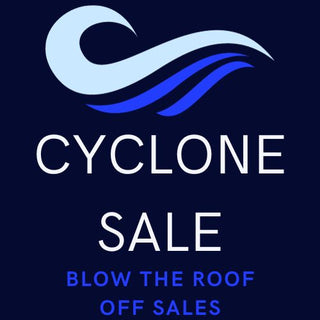
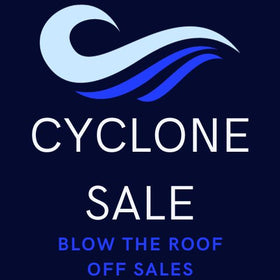
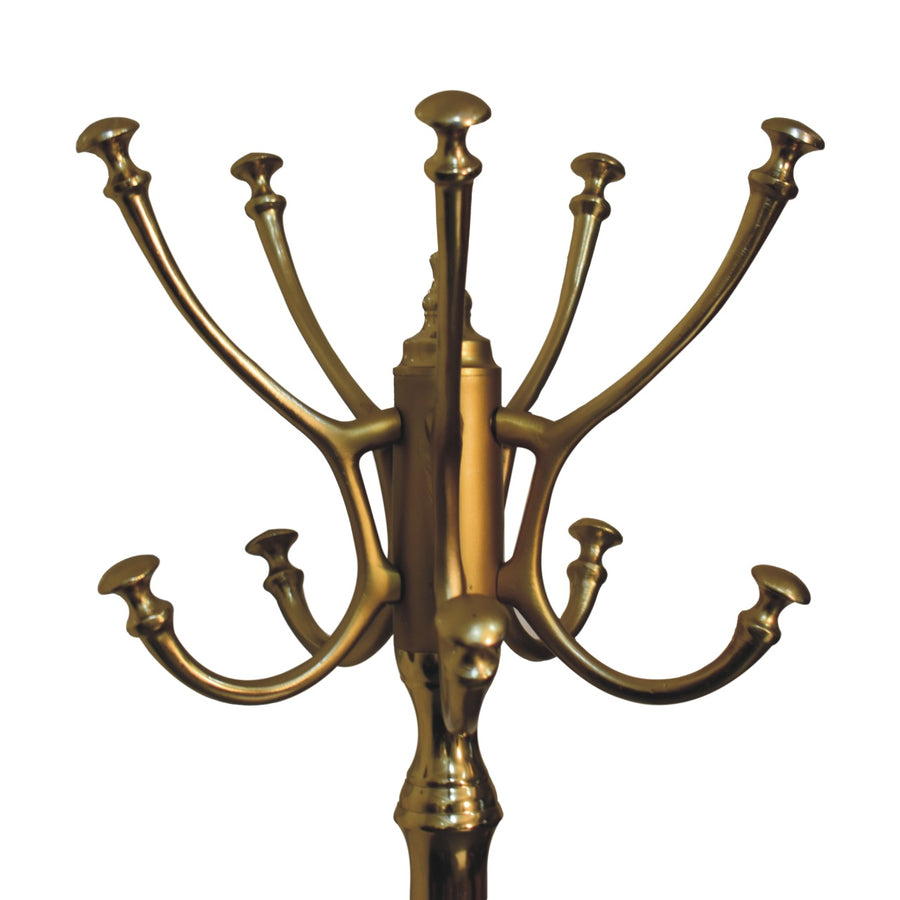
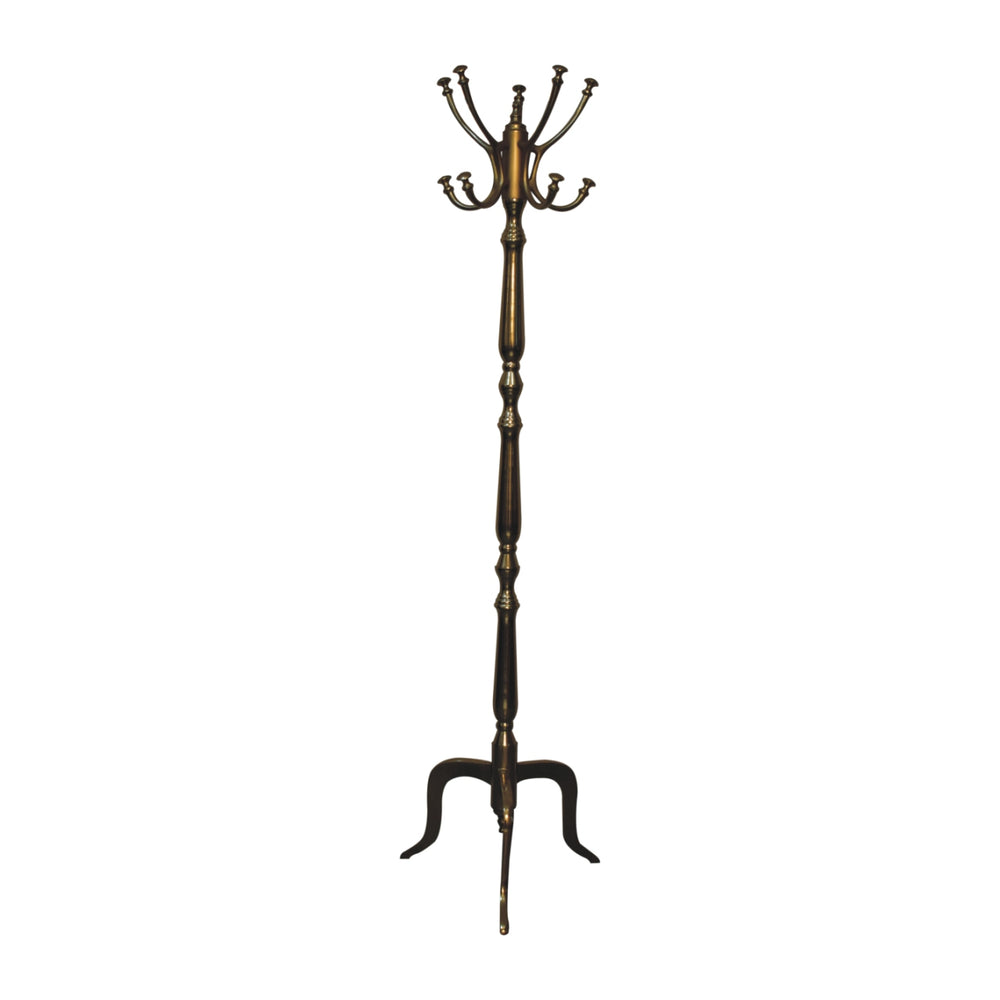
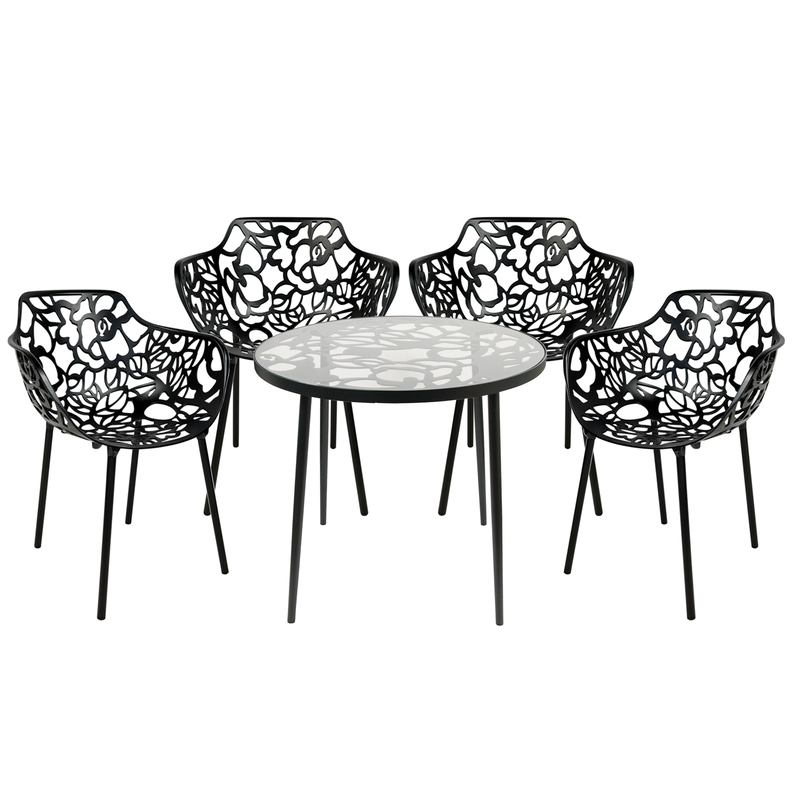
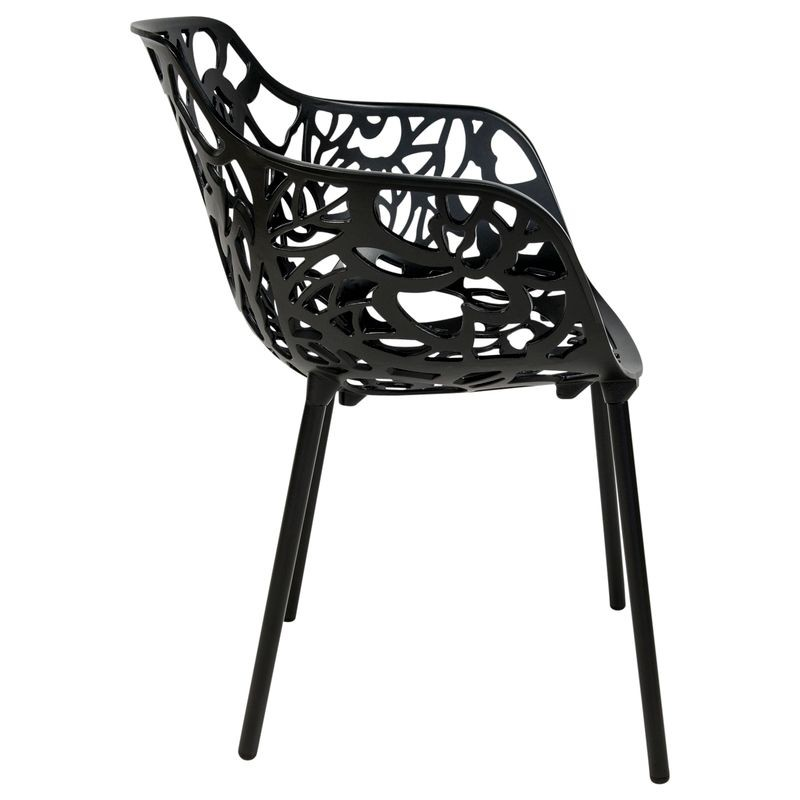
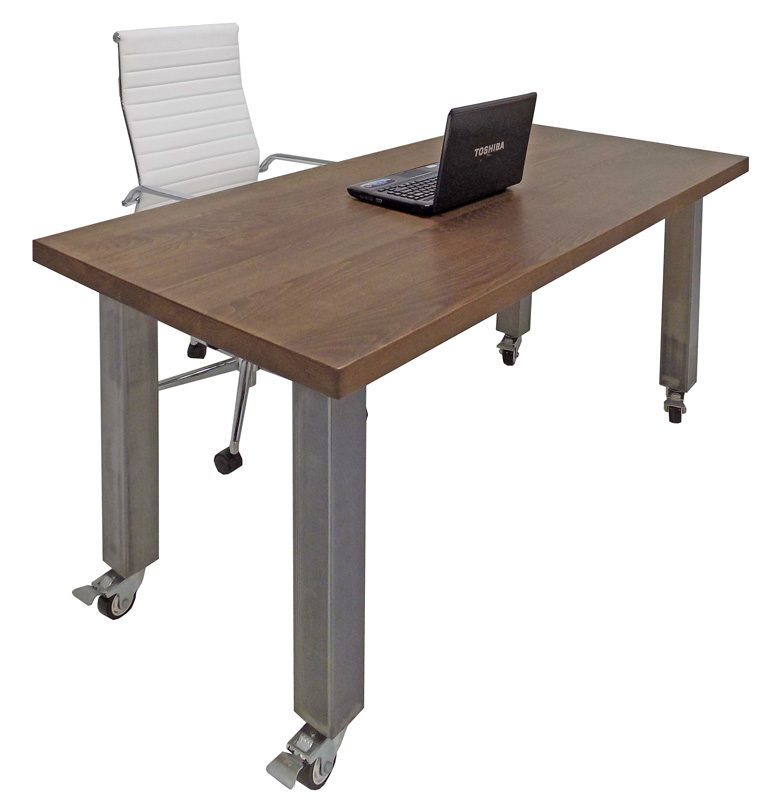
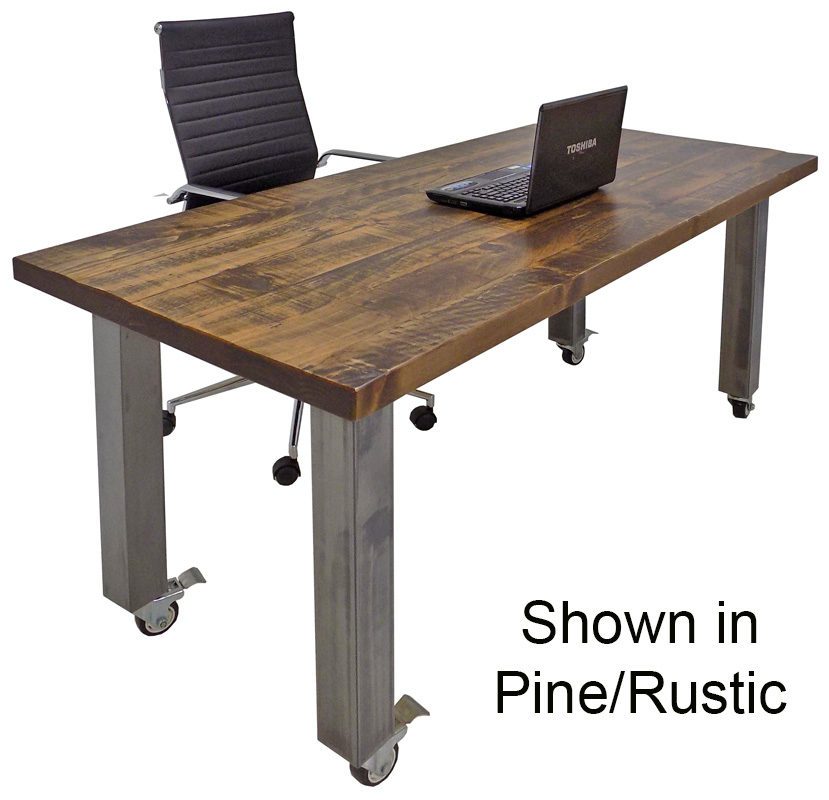
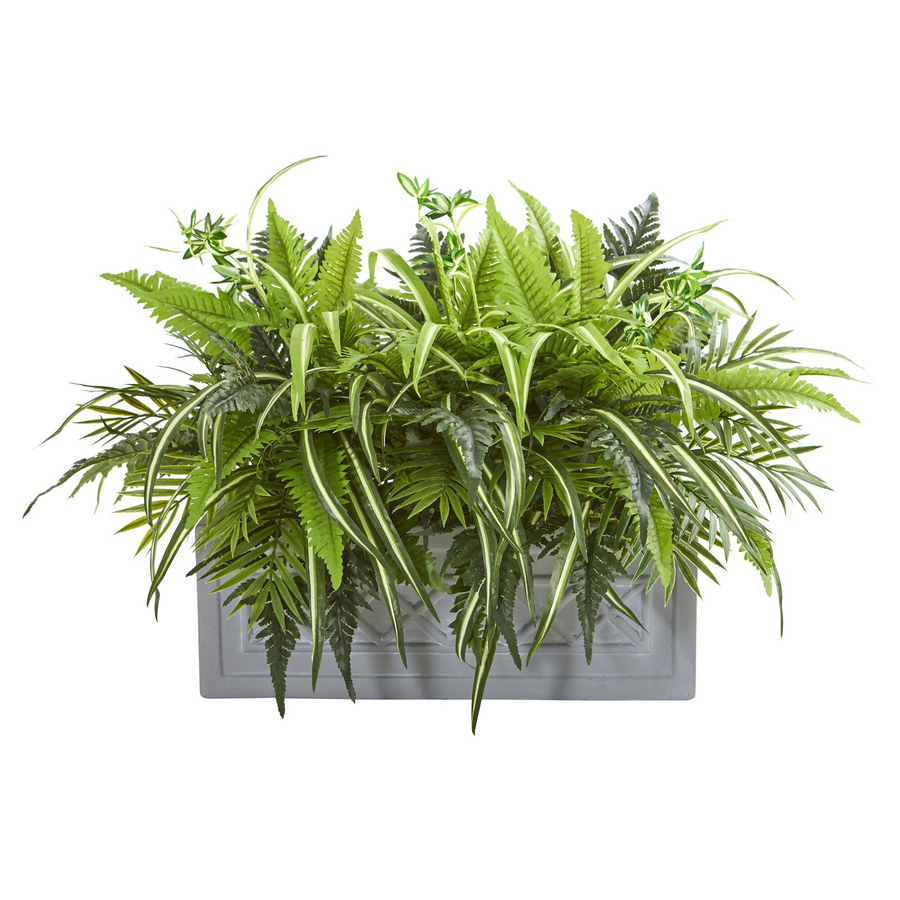
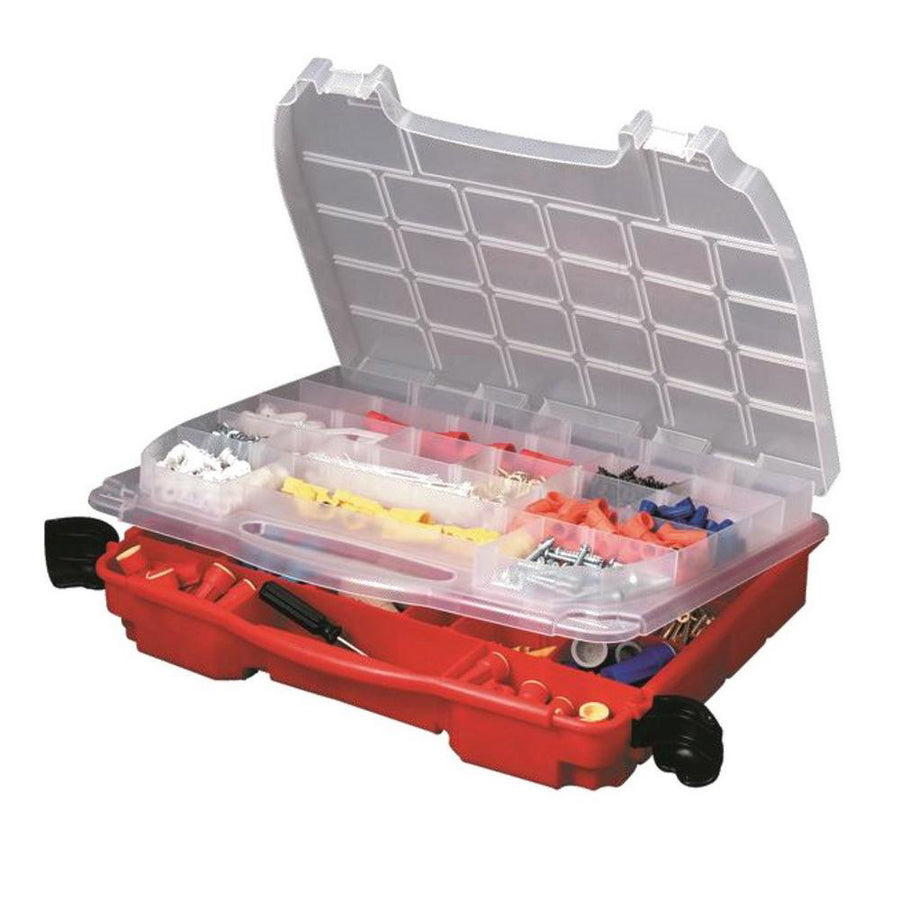
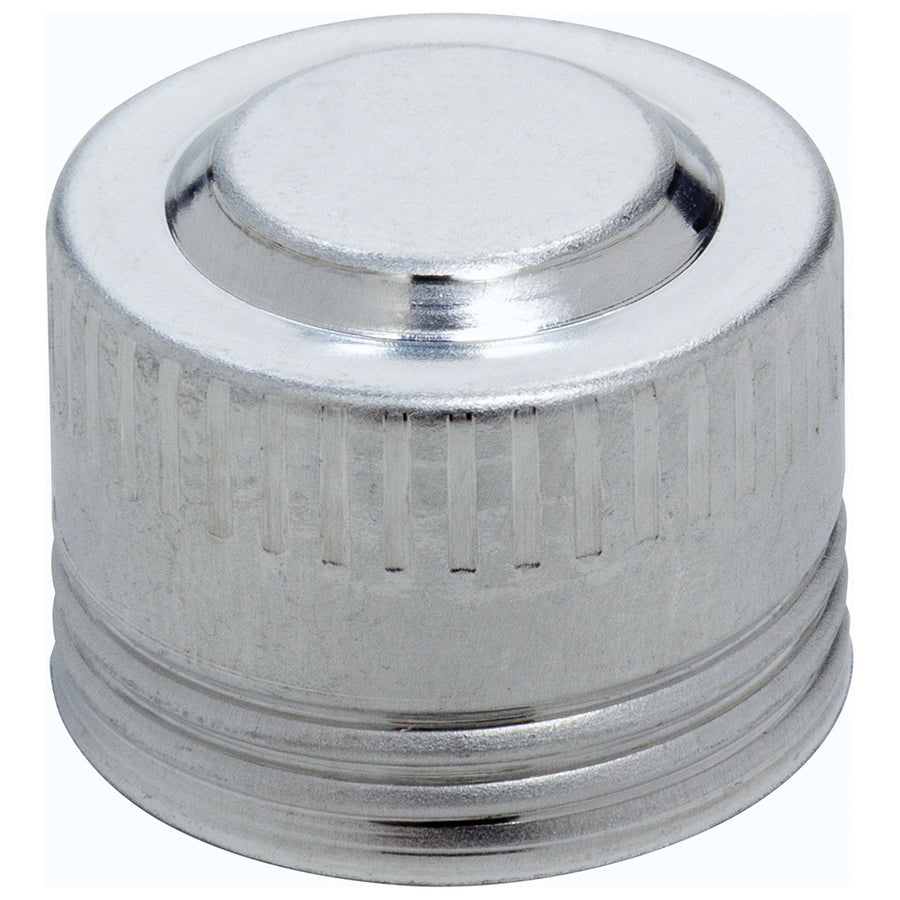
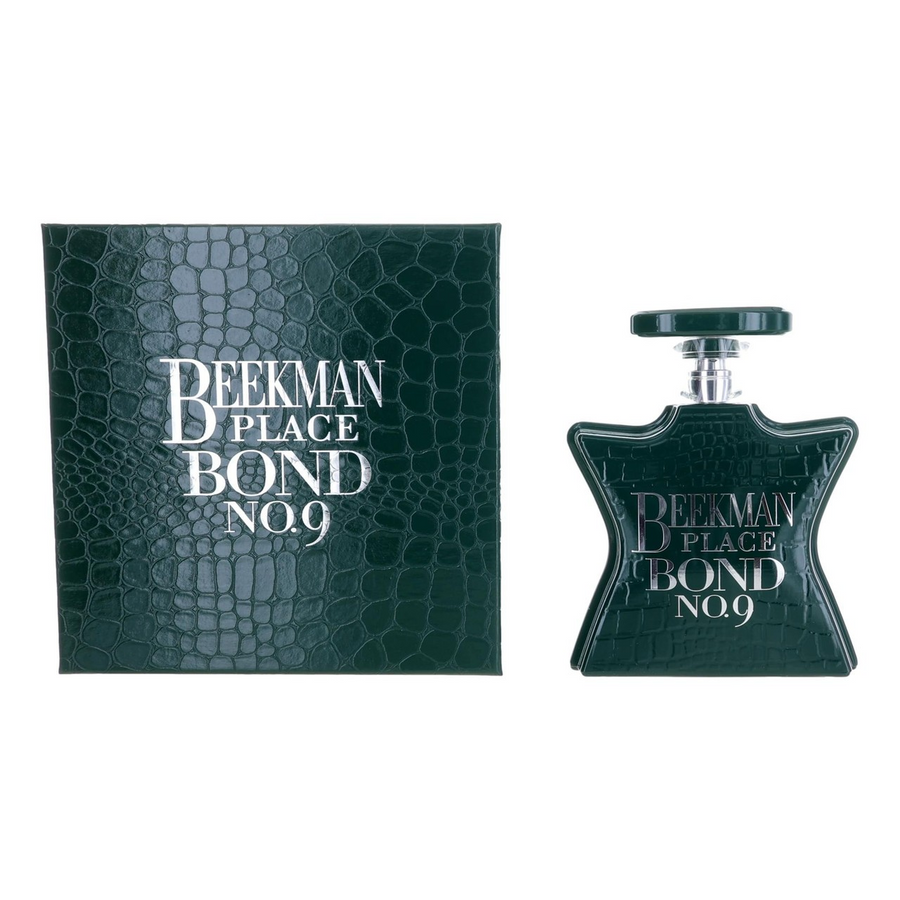
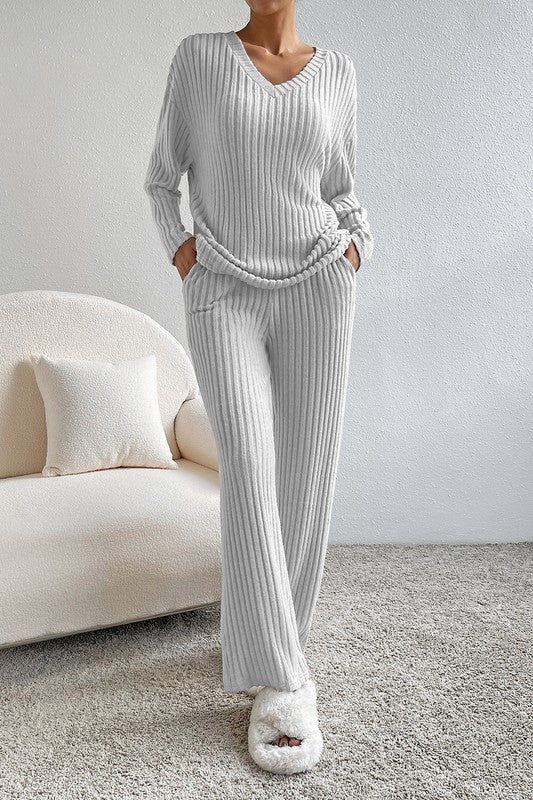
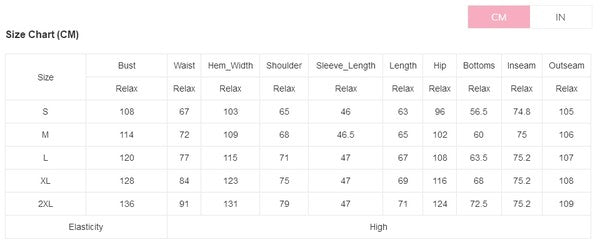






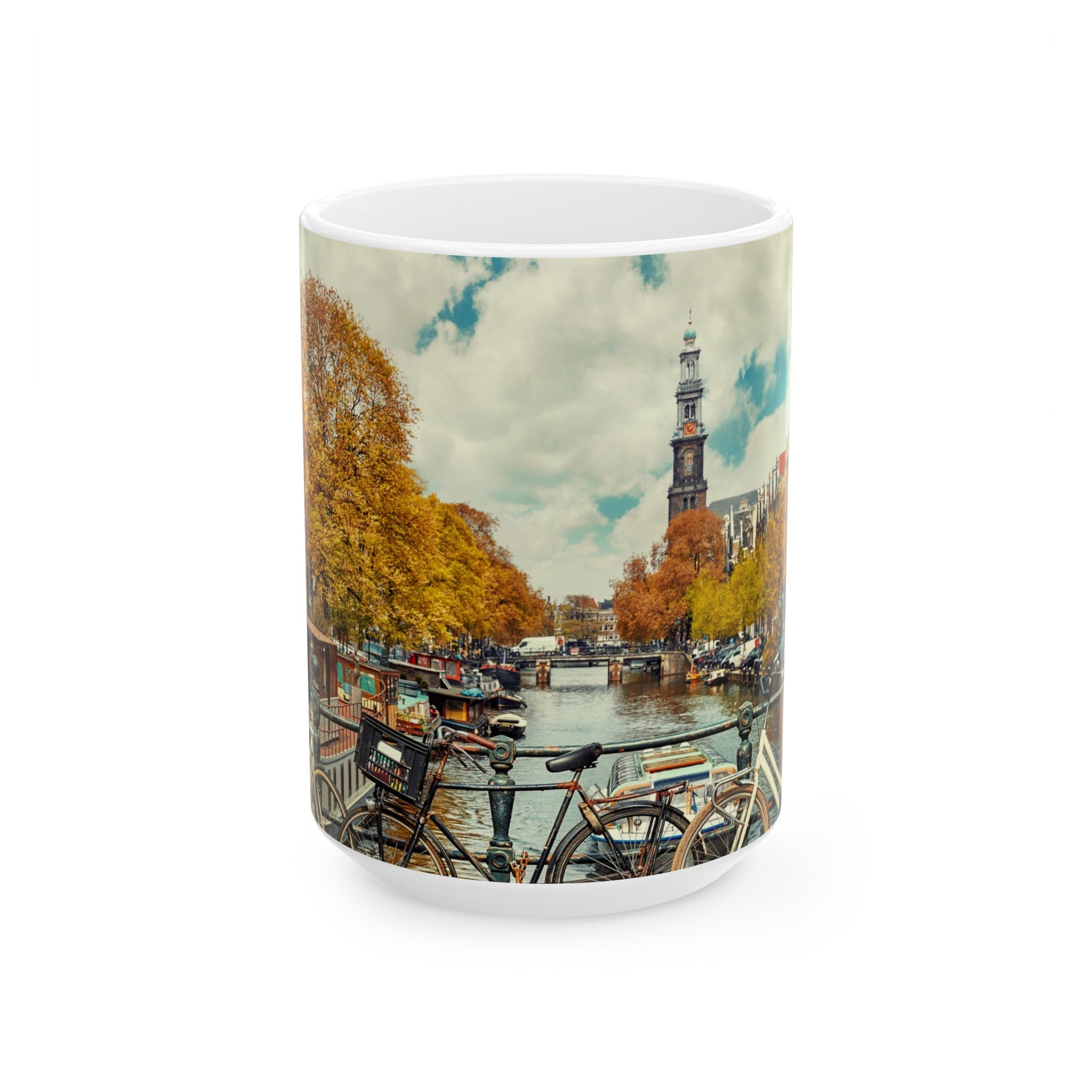
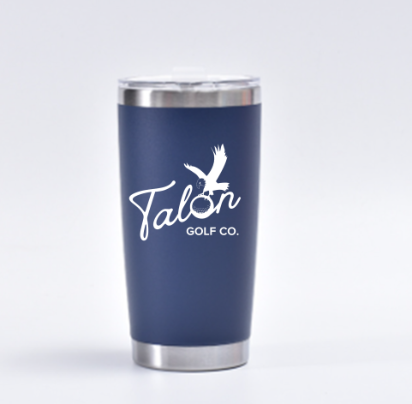


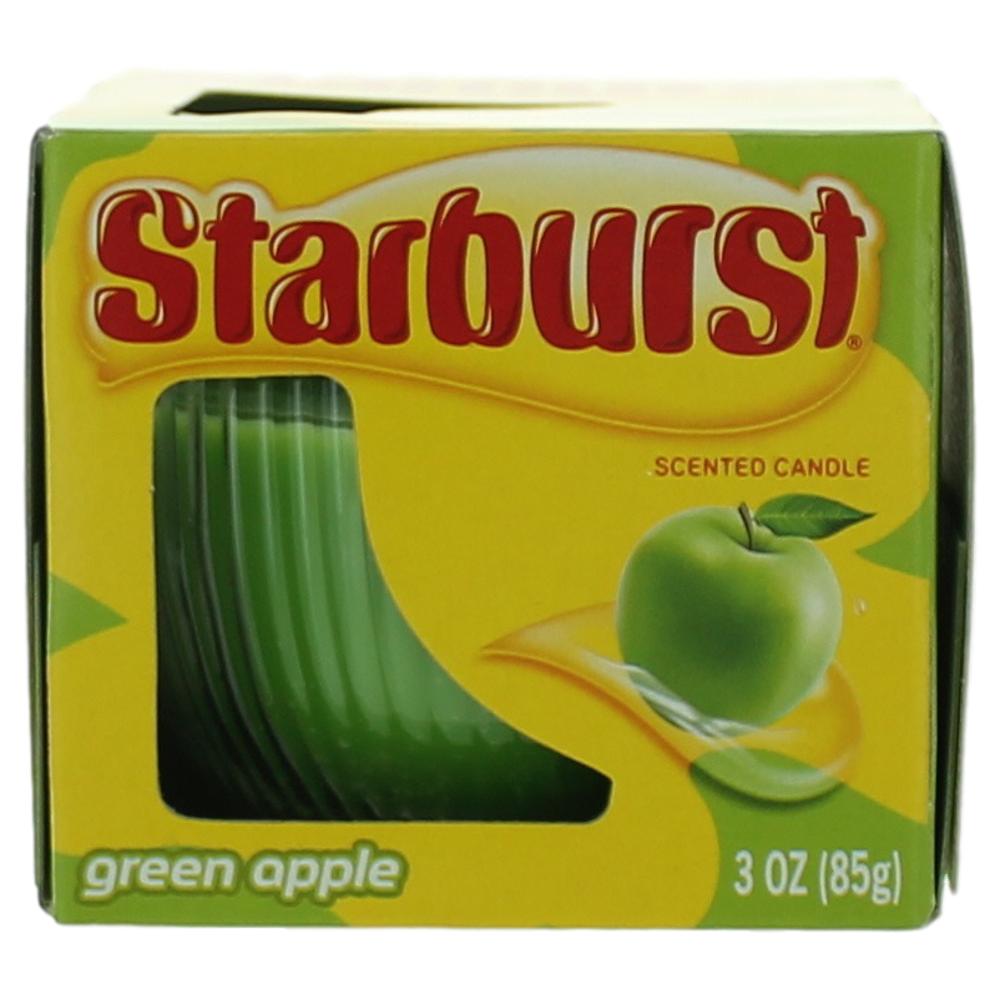
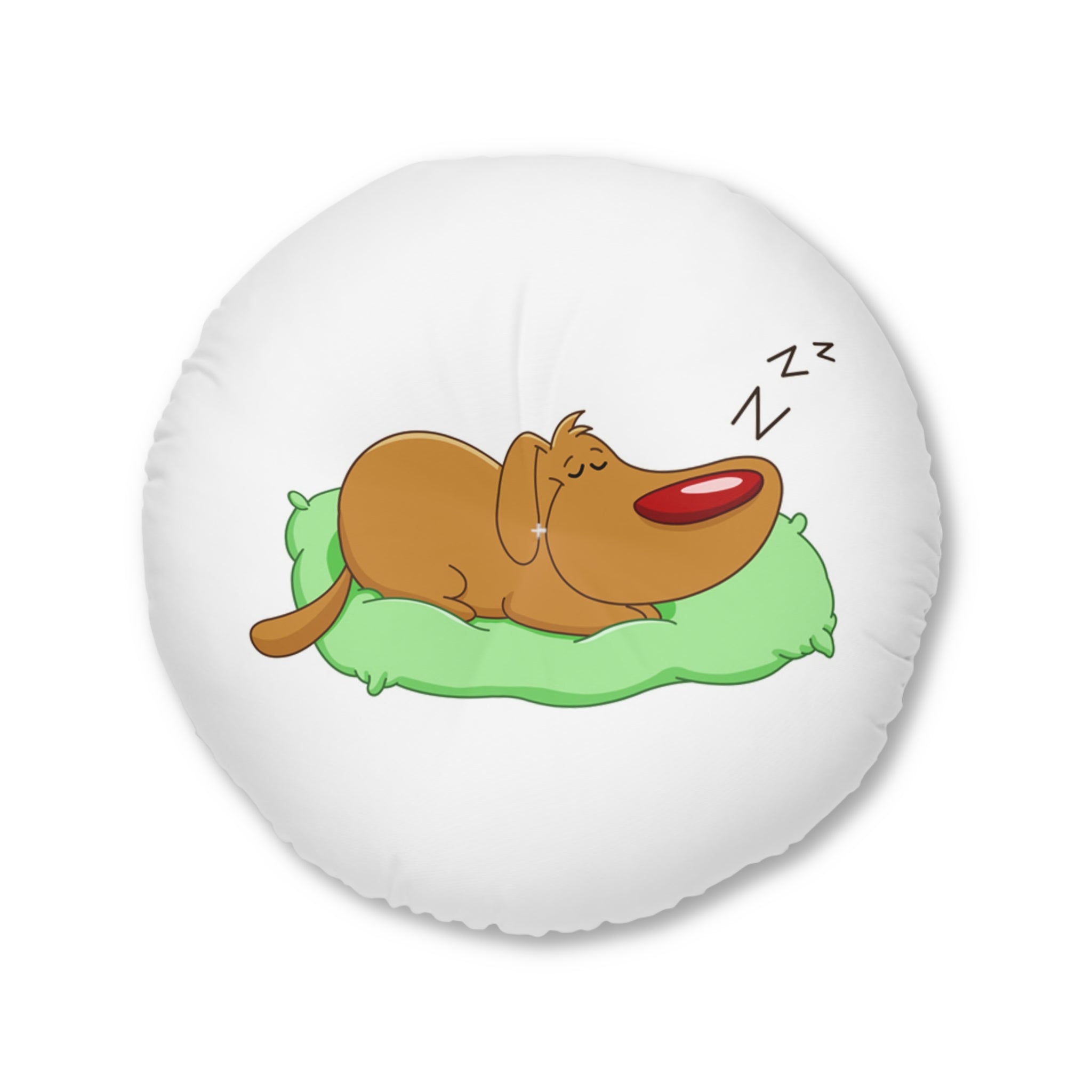


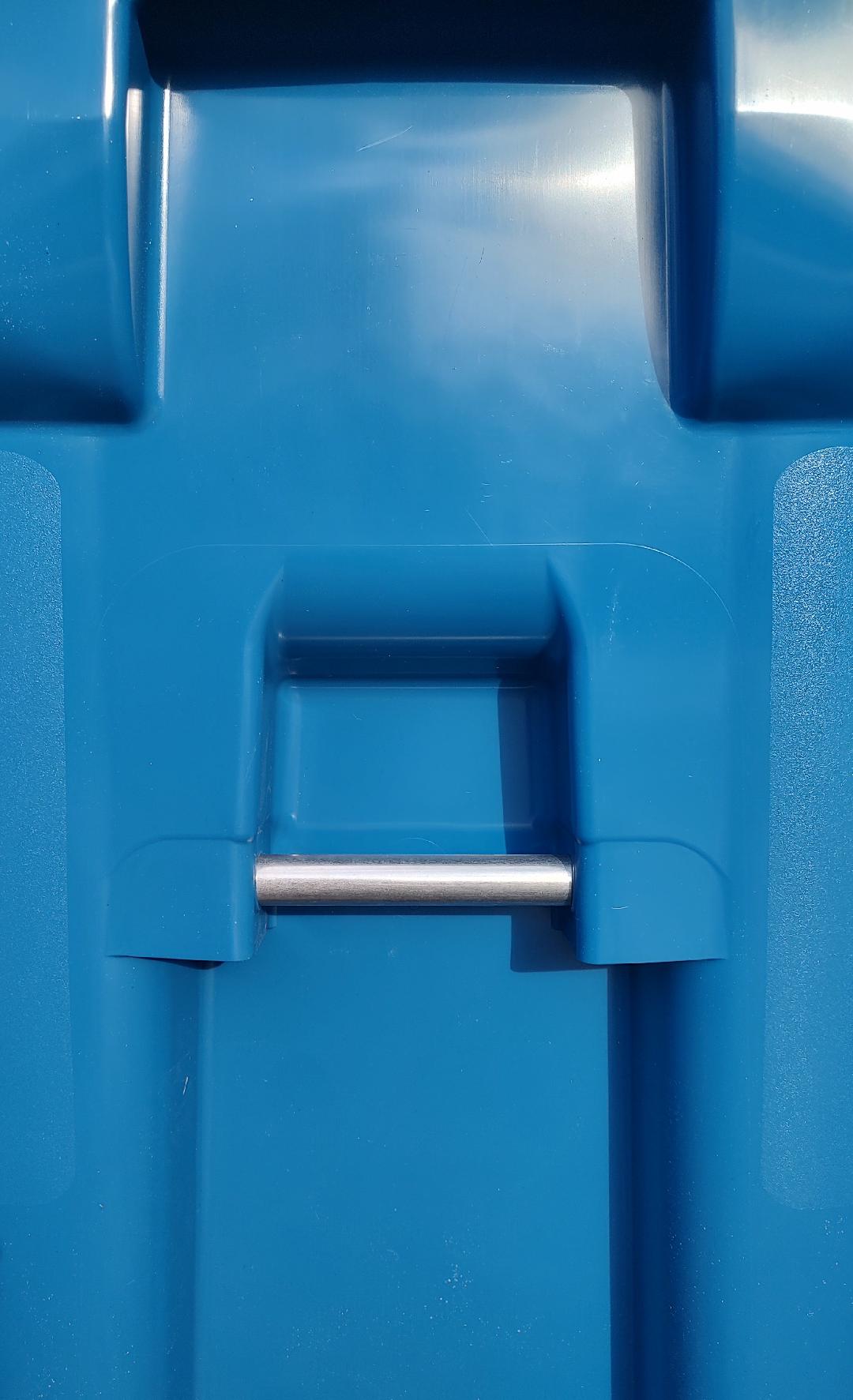


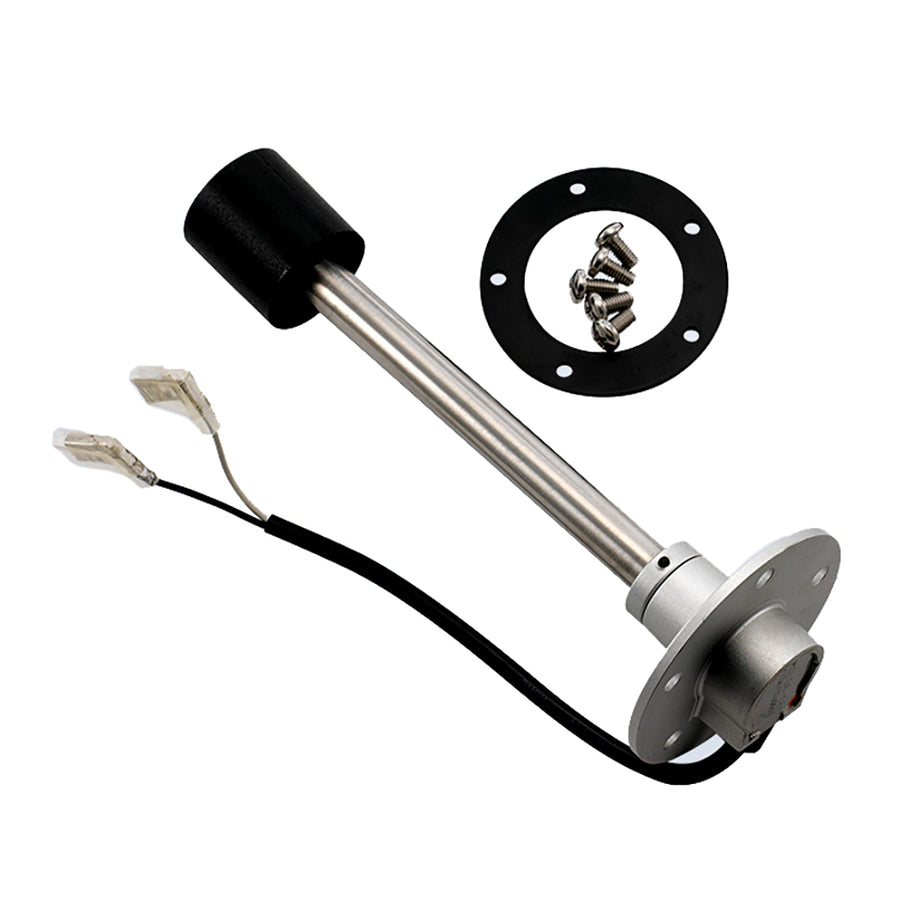

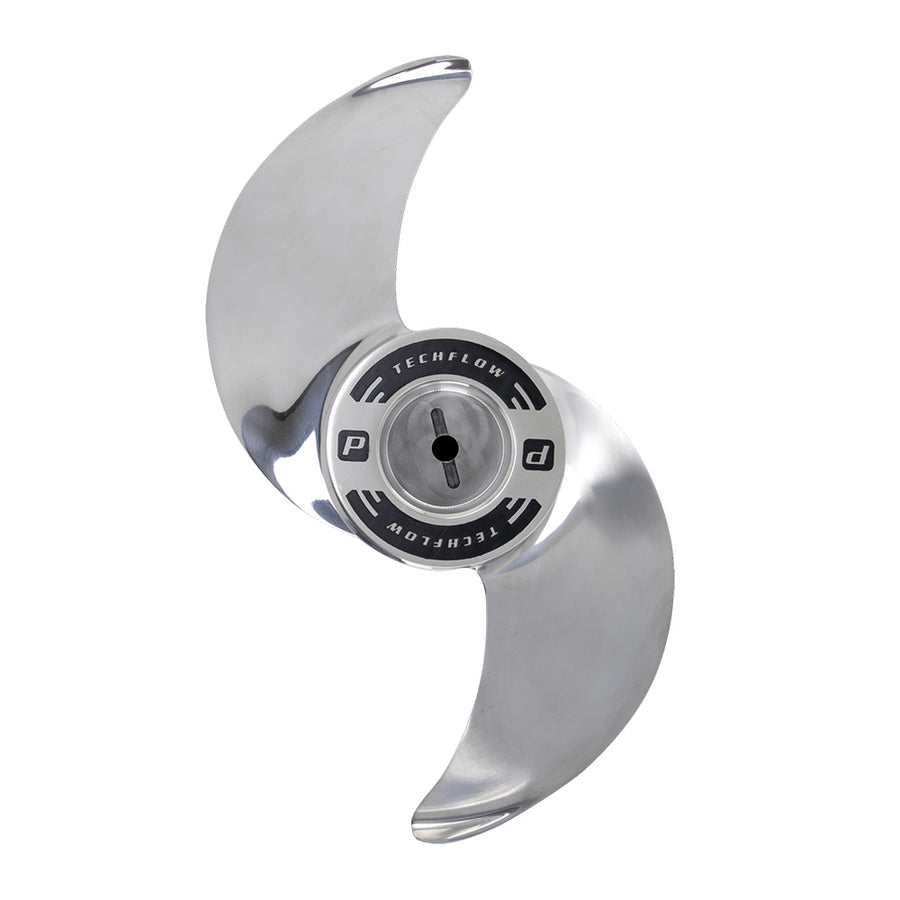
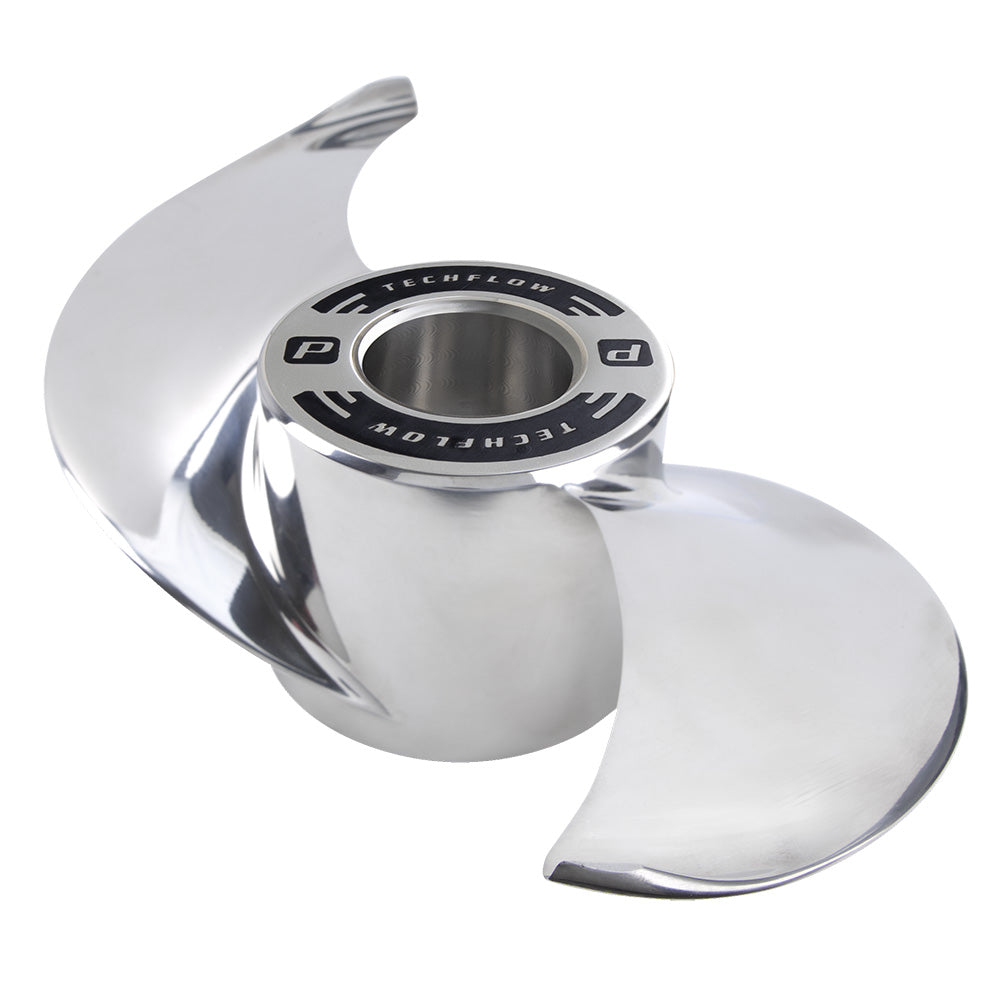









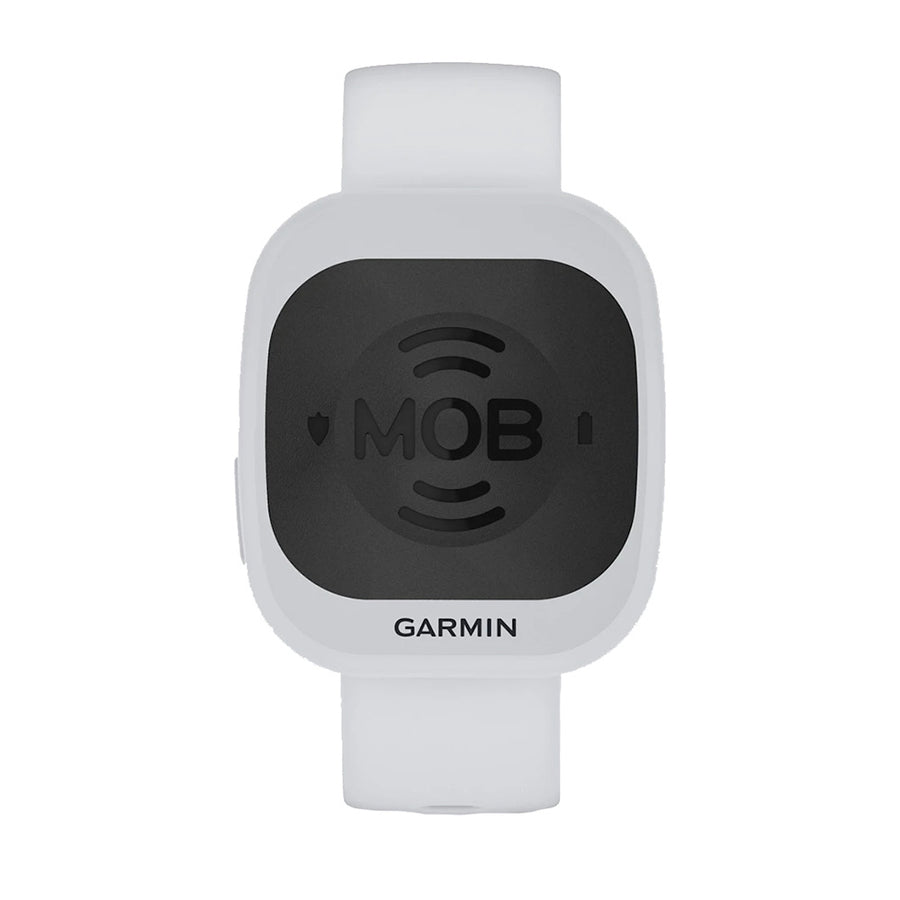
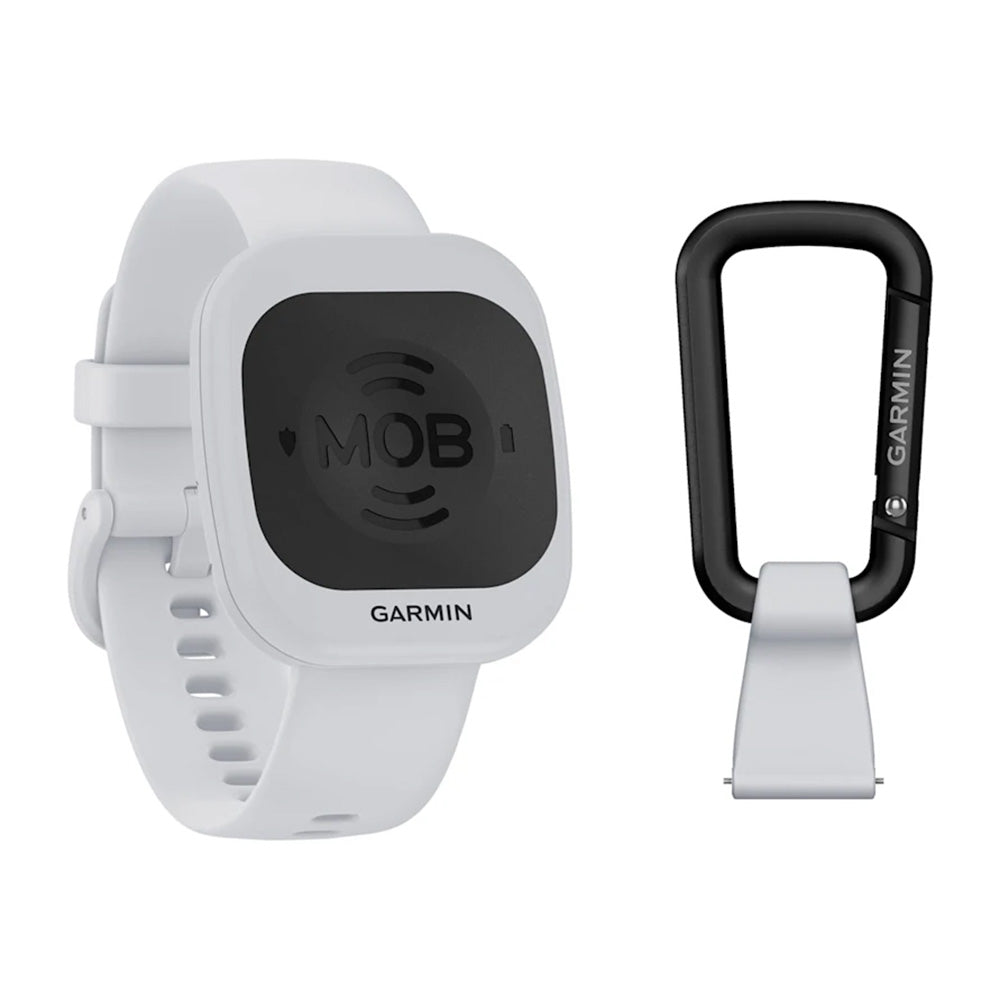




Leave a comment